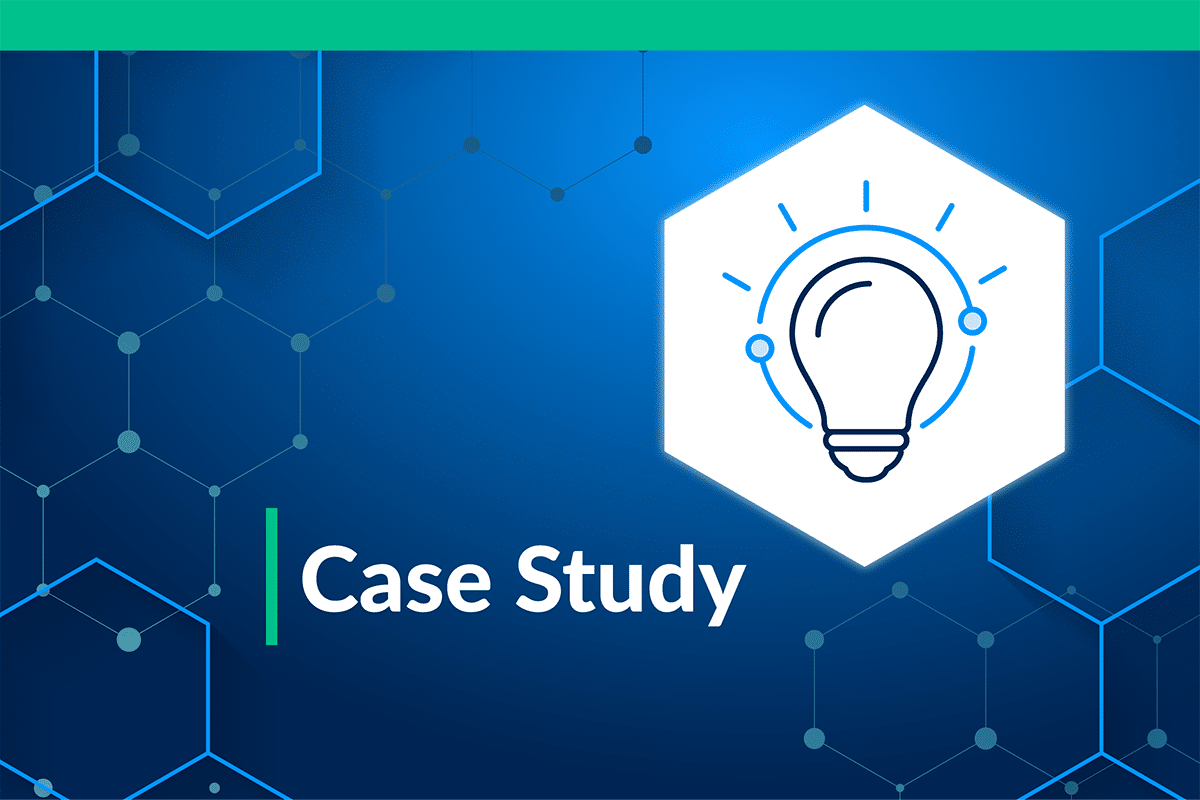Challenge
Is the John Smith at 123 Main Street in Alexandria the same person as the John W. Smith living at the same address? Could they be father and son? Is the Janey Jones now living at 456 Elm Street in Falls Church the same Janey Jones who used to live at 789 Oak Avenue in Manasassas and was just referred by the county court system for counseling?
Administrative staff at the Fairfax County Department of Health and Human Services (FCDHHS) and the county’s Department of Public Safety dealt with addressing sample questions like these—and laboriously finding the answers to them—for many years.
The problem was that the databases maintained by each of the five agencies overseen by FCDHHS were contained in five separate agency system silos. As a result, it was not uncommon for the data of a client registered into one agency system to not quite match the same data collected by another agency within the FCDHHS.
The Fairfax County Department of Public Safety faced similar challenges tracking individuals progressing through the police department, the county court system, the county jail, and probation. Such individuals often attempt to hide their true identity through fake social security numbers and fake names, or by stealing the identity of another person.
All these challenges forced Fairfax County staff to spend inordinate amounts of time verifying client identities. They also prevented the county government from performing accurate audits of service costs, usage, and quality.
Solution
“Verato enables us to break down the agency data silos and integrate all their disparate systems, as well as to identify and match all clients so that we can crosswalk the same client from one system to another, and measure the outcomes of those services.”
Satwinder (Romy) Singh Systems Architect and Project Leader
County officials realized their data silos needed to be eliminated so that records from both health and human services and public safety could be integrated to provide a more accurate picture of how county resources were being utilized. This would serve as an effective planning and resource management tool for the county.
“We needed a tool that could help us integrate all these data silos, which were located not just within the county, but also outside the county and within individual agencies themselves,” says Nathaniel Wentland, Deputy Chief Information Officer, Fairfax County.
Beginning in 2018, Fairfax County worked with Verato to resolve all these complex issues and create a single source of truth for each client identity using Verato Universal® MPI, a next generation cloud identity resolution platform.
“Verato enables us to break down the agency data silos and integrate all their disparate systems, as well as to identify and match all clients so that we can crosswalk the same client from one system to another, and measure the outcomes of those services,” says Satwinder (Romy) Singh, Systems Architect and project leader for Fairfax County.
On the public safety side, Verato’s solution was implemented to more accurately track offender progression through the county’s justice system. Verato helped enable integration of public safety data with FCDHHS data to better track and support inmates with mental and behavior health issues, so they could be provided the help needed from social services.
Results
With a new unique identifier attached to every person utilizing FCDHHS services or progressing through the justice system, the county reduced duplicate data on more than 200,000 clients. The Public Safety Department has also been able to match every person to their true identity. This helped the county save hundreds of hours of manual data cross matching.
And in the midst of the COVID-19 pandemic, duplicate data was significantly resolved on some 250,000 vaccination registrants.
The county’s ultimate goal is to merge the data being collected from various county agencies including libraries, land development, public safety, health and human services, tax department, and others into one master client index. This will allow the county to build a centralized unique client identification repository data lake and enable the county to track precisely who is utilizing various county services without having to overcome personal data duplication. It will also give the county the ability to be proactive rather than reactive to client needs.
“We’re getting to a point that, as we pull in this data, we can reach out proactively to a resident who, for example, has paid their taxes late every year for the past five years, and see how we can assist them,” says Wentland. “We’re looking at this data holistically, with an eye toward understanding who those individuals are and what we can do to provide better services for them.”
Fairfax County officials now have a unified view of clients’ use and the outcomes of FCDHHS, as well as of individuals’ progression through the county justice system. Fairfax County has a solution that empowers it to:
- Provide improved health and human services quickly and efficiently
- Reduce duplicate data on individuals being served by the FCDHHS
- Track individuals progressing through the county justice system
- Build a data lake with enhanced data analytics that assess service quality and outcomes
“As the vaccination windows opened up, the Fairfax County call centers received upwards of 1 million calls an hour, overloading a lot of our call lines and flooding the registration portals. Verato’s solution allowed us to step through that process fairly quickly.”
Nathaniel Wentland, Deputy Chief Information Officer, Fairfax County, VA
